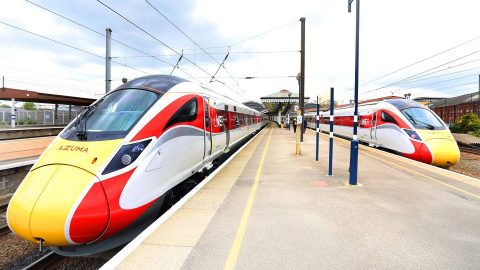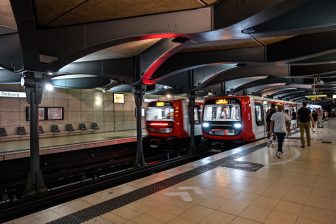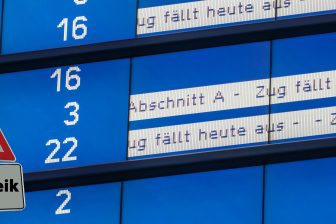
Looking behind Britain’s cut price tickets deal
LNER Azuma trains, source: London North Eastern Railway (LNER)
The UK government has surprised the travel market with the announcement of a snap sale of passenger train tickets, claiming to cut the cost of rail travel in half. Ministers say it will re-invigorate the passenger rail market, and get Britain travelling again. The whole truth however needs a little more explanation.
Want to read more?
You have read all of your free premium articles for this month. Please become a subscriber to keep reading.
Subscribe now!
Take advantage of our exclusive offer to get full access to all premium content.



